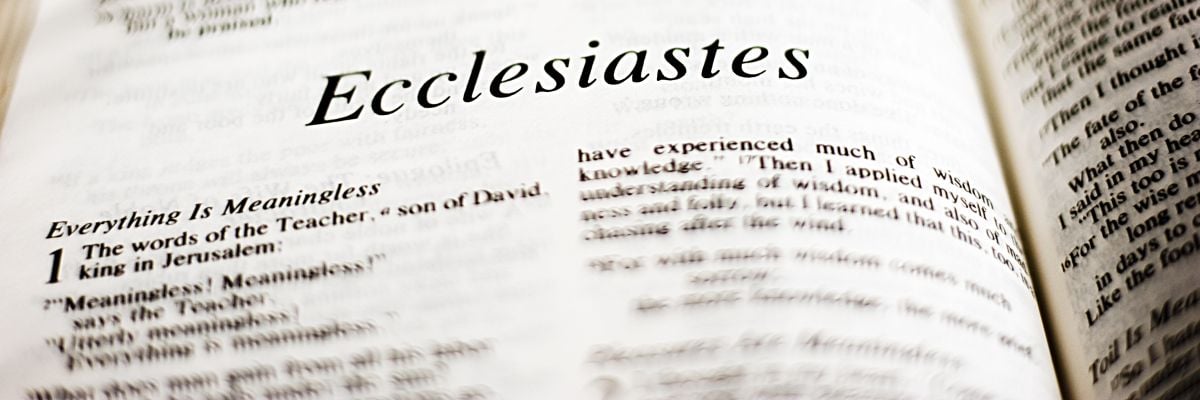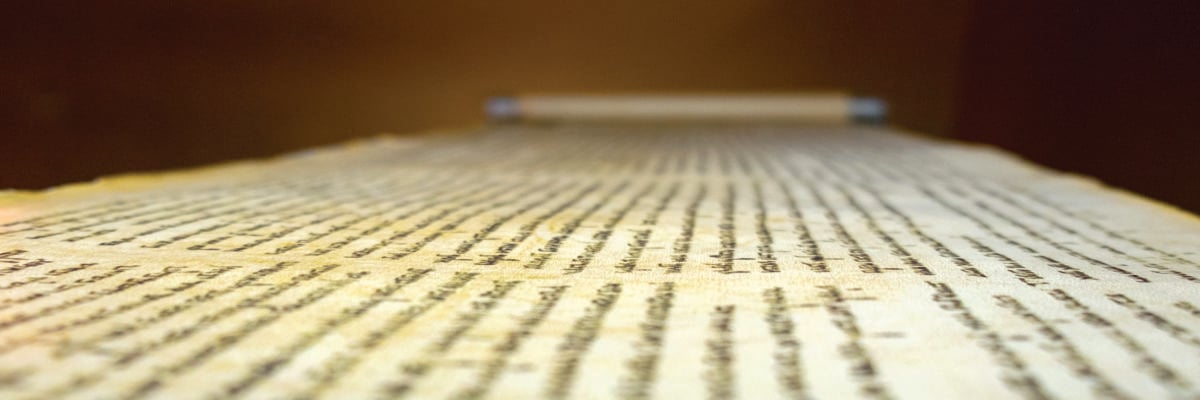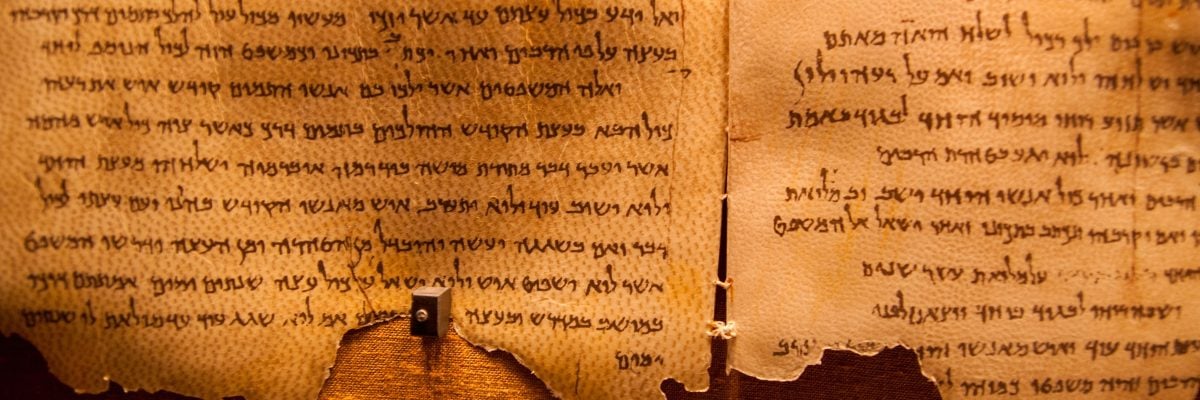Now you are adding your own interpretation to what the Bible says. Does it even suggest what you are proposing?
Yes, I am proposing an
interpretation. The Bible does not lay out 'what-happens-between-death-and-the-judgment' very clearly.
All the positions are based on someone's interpretation of the text.
The Jews were never taught that the soul was separate from the body. In the Bible, a “soul” is a living, breathing creature, NOT a disembodied spirit that departs from the body at death. That idea was adopted from the pagan Greeks, not from the Jewish scriptures.
I agree with you on this point and was not suggesting otherwise.
Phaedo is the name of Plato's work outlining the immortality and non-corporeality of the human soul in Greek thought.
If there is no spiritual entity that goes somewhere at death, then any suggestion that a person goes on living immediately after death in another realm, is not true. The “soul” is the whole person….the spirit is the animating force that sustains breathing……it is breathing that makes one a “soul”. Christendom has fused the soul and the spirit as if they were one and the same thing…they are not.
The thing that appears NOWHERE in the Bible OR even in Greek philosophy or classical studies... is the idea of an "other reality." Even the Greeks who believed in a separate immortal soul did not assign it to some other realm, but to the heavens of THIS realm.
For a Jew, their scripture was clear…..at death, the soul ceases to exist except in the infinite memory of the Creator who promised them a resurrection, not immortality. He would remember them, which is why you will see elaborate tombs in a Jewish cemetery with family names and lineage inscribed. Those not buried this way were not considered worthy to be remembered by God in the resurrection. Hence when the bodies of executed criminals were thrown into “Gehenna” (erroneously translated as “hell”) their remains were burned in the city’s rubbish dump as those not worthy of a resurrection….human garbage. Christendom turned that into their “hell of eternal torment”…..but it was simply a symbol of eternal death.
I don't think the Bible is clear at all with regards to
thanatology. The whole Old Testament uniformly preaches Sheol, the pit where one ceases to exist. But the New Testament adopts much of the Greek idea of a layered underworld, with
Hades and
Tartarus and
Paradise and Outer Darkness and
Gehenna and perhaps even an
in-between place.
If you want a clear picture of Jewish beliefs on the afterlife in that era, the book you want is 1Enoch. There, 4 holding places exist - for the martyrs, for the righteous, for the wicked, and for those who were neither wicked nor righteous. According to Enoch, the martyrs receive a physical resurrection before the White Throne judgment. The righteous go on to
paradise after the Judgment, the wicked are purged before going on to non-existence, and the rest of the average people just go straight on into oblivion.
There is a reason why the book of Enoch is not included in the inspired canon…..The canon was God’s work, not the work of men. God chose its contents despite whom he used to compile it. The Catholic Church takes credit for the scriptures in their current form, but they included books that clearly did not belong because they contained contradictions. When it was the right time, God sorted that out.
Which canon? The catholic church didn't officially declare it's canon til 1563 AD. The common canon of most Protestant churches didn't exist in present form til the 19th century. Perhaps you mean Athanasius' canon, or Origen's, or Jerome's?
There IS a reason why the book of Enoch wasn't included in those canons... it was lost to European civilization from the 1st century til the 19th century. However, it WAS part of the canon of the Coptic church from the 1st century onwards, appears to have been known to the Egyptian church, and copies were found in the Dead Sea Scrolls.
The Book of Enoch is an apocryphal and pseudepigraphic text. It is falsely ascribed to Enoch. Produced probably sometime during the second and first centuries B.C.E., it is a collection of extravagant and unhistorical Jewish myths, evidently the product of exegetical elaborations on the brief Genesis reference to Enoch.
Yet the New Testament makes dozens of references to it.
It was written in an era of Jewish estrangement from their God in the centuries leading up to Messiah’s appearance. God had not sent a prophet to his people since Malachi was sent to them as a last effort to rally his people to obedience, but to no avail. They had hundreds of years to fester in their corruption before Messiah came to them and was horribly mistreated like all the other prophets that they silenced or killed. (Matt 23: 37)
The idea of a period of silence between the Old and New Testaments is FALSE - a bit of propaganda pushed by some who would like to ignore what came in between.
Abel is listed as first among men and women of faith in Hebrew ch11. (Vs 4)
“By faith Abel offered God a sacrifice of greater worth than that of Cain, and through that faith he received the witness that he was righteous, for God approved his gifts, and although he died, he still speaks through his faith.”
His is also the first recorded sacrifice offered to Jehovah.
His death was not really martyrdom in the true sense, but was motivated by his brother’s jealousy. God condemned Cain because his offering was wrongly motivated, but he approved of Abel’s righteousness and he will be among those resurrected to continue his faithful course, once the Kingdom’s rule is established on earth. What amazing details he will relate about his experiences after his birth outside of the garden.
You do a lot of mansplaining for a woman.











